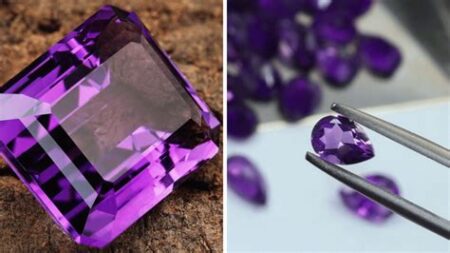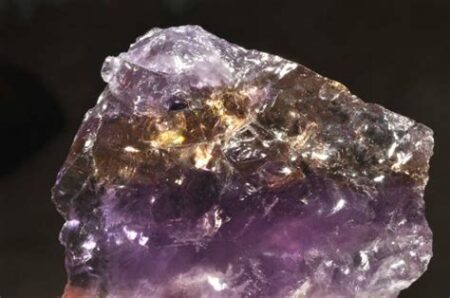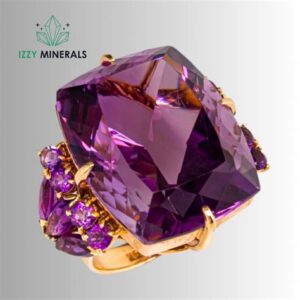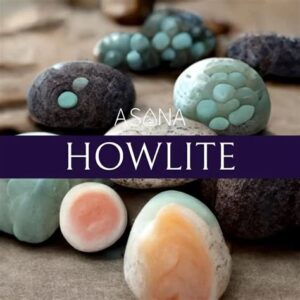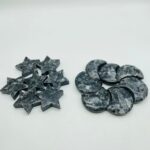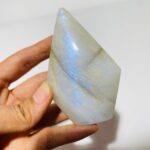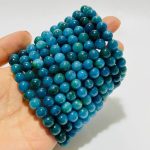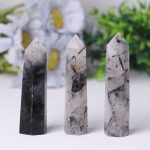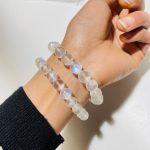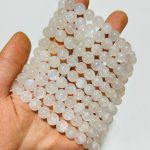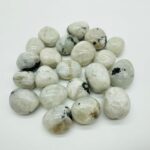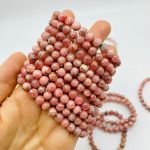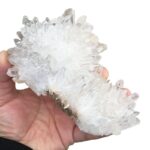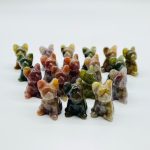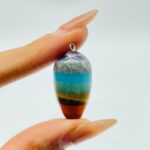Moonstone, a captivating gemstone renowned for its ethereal shimmer and celestial beauty, holds a special place in the realm of jewelry and collectibles. Its price, like its allure, is multifaceted and influenced by various factors. This article unravels the intricacies of moonstone pricing, examining the key determinants that shape its monetary worth.
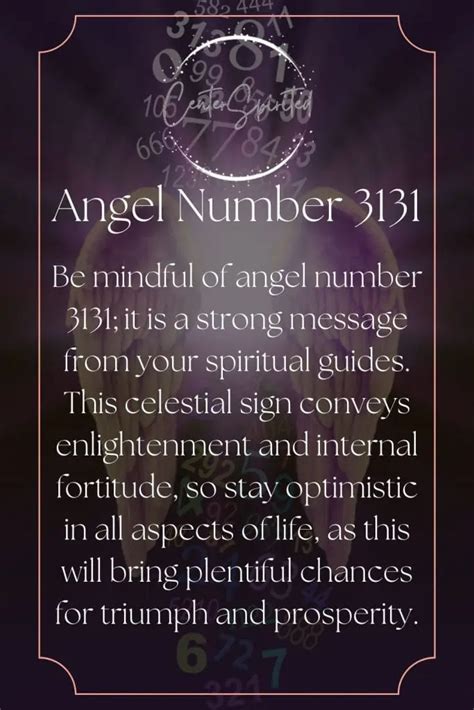
Factors Influencing Moonstone Price
Moonstone prices are primarily determined by the following attributes:
- Quality: The quality of a moonstone is evaluated based on several criteria, including clarity, color, and adularescence (the milky, iridescent glow). High-quality moonstones with exceptional clarity, intense color, and vibrant adularescence command premium prices.
- Carat Weight: As with most gemstones, larger moonstones typically cost more than smaller ones. The carat weight refers to the weight of the stone in carats, with one carat equaling 0.2 grams.
- Cut: The cut of a moonstone affects its overall appearance and value. Well-cut moonstones maximize light reflection, enhancing their adularescence and beauty.
- Origin: Moonstones sourced from certain regions, such as India and Sri Lanka, are known for their superior quality and may fetch higher prices.
- Demand: Market demand, supply, and rarity influence moonstone prices. Scarce and highly sought-after moonstones with exceptional characteristics command a premium.
Price Range
The price range of moonstones varies widely depending on these factors. Generally, prices start from as low as $1 per carat for lower-quality stones and can reach upwards of $1,000 per carat for rare, high-quality specimens.
| Quality Grade | Price Range |
|---|---|
| Good | $10-$100 per carat |
| Better | $100-$500 per carat |
| Fine | $500-$1,000 per carat |
| Extra-Fine | $1,000-$5,000 per carat |
| Exceptional | Over $5,000 per carat |
Factors that May Increase Moonstone Price
Certain factors can significantly enhance the value of a moonstone, including:
- Unique Coloration: Moonstones with rare and distinctive colors, such as blue, green, or orange, attract premium prices.
- Cabochon Cut: Moonstones cut into a smooth, dome-shaped cabochon with a high polish highlight their adularescence, increasing their value.
- Star Effect: Moonstones with a cat’s-eye effect, known as “star moonstones,” are highly prized and command a higher price.
- Gemological Certification: Authenticated moonstones with a certified appraisal or laboratory report provide assurance of their quality and value, boosting their price.
Benefits of Investing in Moonstone
Acquiring moonstone not only offers aesthetic pleasure but also provides several tangible benefits:
- Investment Value: High-quality moonstones can appreciate in value over time, serving as a potential financial investment.
- Sentimental Significance: Moonstone is associated with spirituality, love, and good luck. Many people purchase moonstone jewelry for its emotional significance.
- Healing Properties: Some believe moonstone possesses calming and healing properties, which can benefit physical, emotional, and spiritual well-being.
Tips and Tricks for Finding the Best Moonstone Price
- Shop from Reputable Dealers: Choose reputable jewelers or gemstone dealers who provide authenticated moonstones and offer fair prices.
- Compare Prices: Research the market and compare prices from different sources to find the best deal.
- Consider Online Retailers: Many reputable online retailers offer high-quality moonstones at competitive prices.
- Look for Sales and Discounts: Take advantage of sales, discounts, and promotional offers to save money on your moonstone purchase.
- Negotiate: Don’t hesitate to negotiate with the seller if you find a moonstone that meets your requirements but exceeds your budget.
FAQs
-
What is the average price of a moonstone?”
The average price of a moonstone ranges from $10 to $500 per carat, depending on quality and size. -
Which factor most significantly influences moonstone price?”
Quality, measured by clarity, color, and adularescence, is the primary determinant of moonstone price. -
Are blue moonstones more expensive?”
Yes, blue moonstones are generally more expensive than colorless or white moonstones due to their rarity and unique color. -
How can I ensure I am purchasing a genuine moonstone?”
Obtain a gemological certification or appraisal from a qualified laboratory to verify the authenticity of your moonstone. -
What is the best way to store and maintain a moonstone?”
Store moonstone in a dark, moisture-free environment to preserve its color and adularescence. Clean it with a soft cloth or a mild soap solution. -
Is moonstone suitable for everyday wear?”
Moonstone has a hardness of 6 to 6.5 on the Mohs scale, making it suitable for everyday wear with care. Avoid exposing it to harsh chemicals or excessive force.

